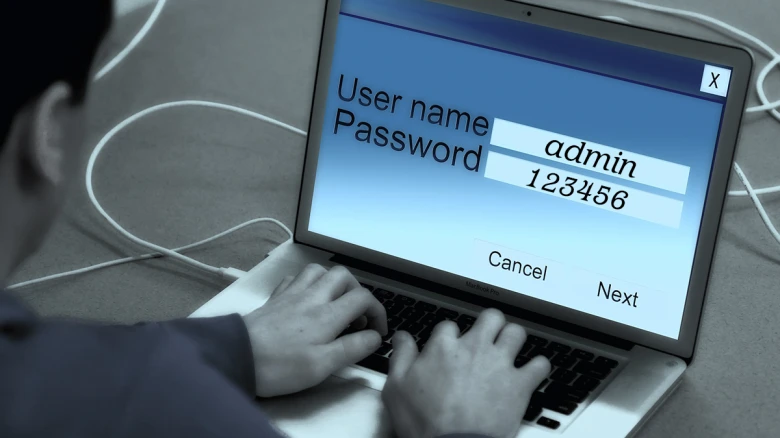Regional

NordPass, a leading password management solution company, disclosed in its report that '123456' emerged as the most common password among...
Digital Desk: NordPass, a leading password management solution company, disclosed in its report that '123456' emerged as the most common password among Indians and worldwide in 2023. The report shed light on the alarming trend of individuals utilizing weak passwords, particularly for their streaming accounts.
Notably, words associated with specific locations also found their way into users' passwords. Globally, users frequently incorporated country or city names, and India was no exception, with 'India@123' ranking prominently on the list of common passwords.
Surprisingly, the perennial favorite 'admin,' often neglected and left unchanged, secured its place among this year's most prevalent passwords in India and several other countries.
While last year's global winner, 'password,' maintained its influence, variations such as 'Pass@123' and 'Password@123' also featured prominently among the most commonly used passwords in India.
To compile the report, researchers analyzed a massive 6.6 TB database of passwords exposed by various stealer malware, a significant cybersecurity threat. Tomas Smalakys, CTO at NordPass, expressed concern over the stealthy nature of malware, often concealed within well-crafted phishing emails mimicking legitimate organizations.
Disturbingly, almost a third (31%) of the world's most popular passwords comprised purely numerical sequences, making them susceptible to quick cracking. The report revealed that 70% of passwords on this year's global list could be cracked in less than a second.
In response to these security challenges, researchers advocated for Passkeys as a more robust form of authentication, aiming to eliminate weak passwords and enhance user security. However, they acknowledged that the adoption of passwordless authentication would be a gradual process, emphasizing the importance of user awareness and education in improving overall cybersecurity.
Leave A Comment